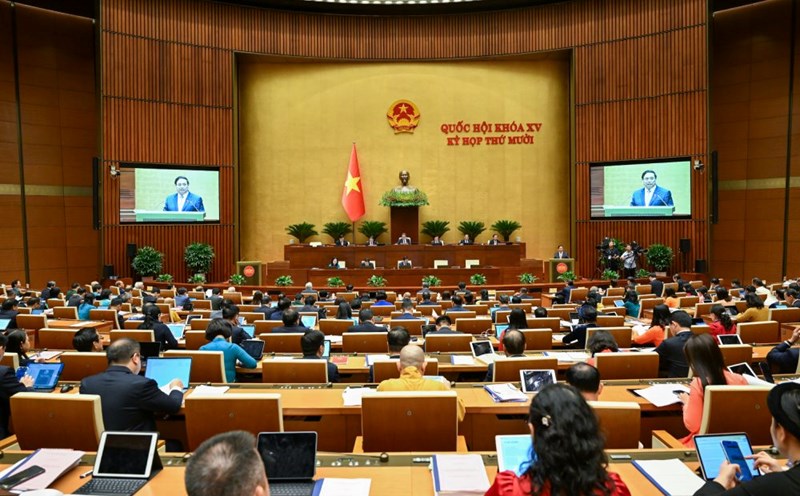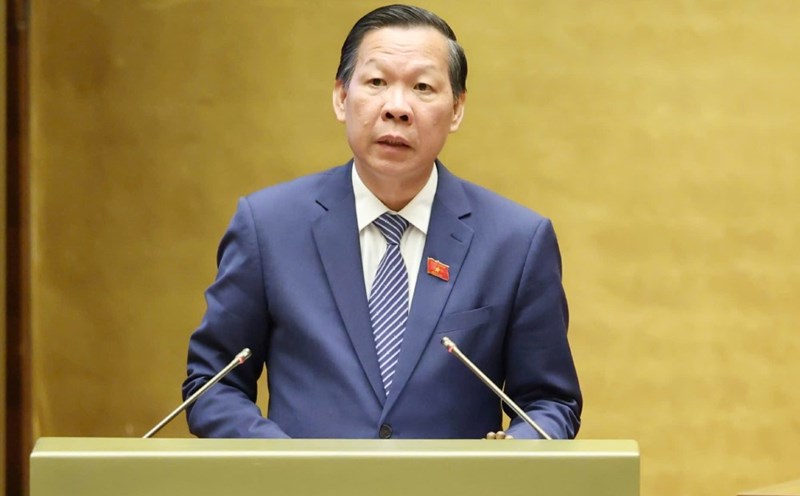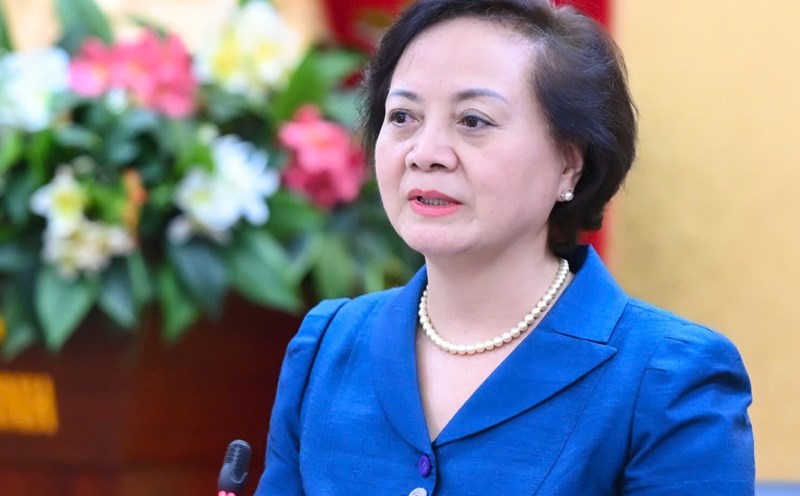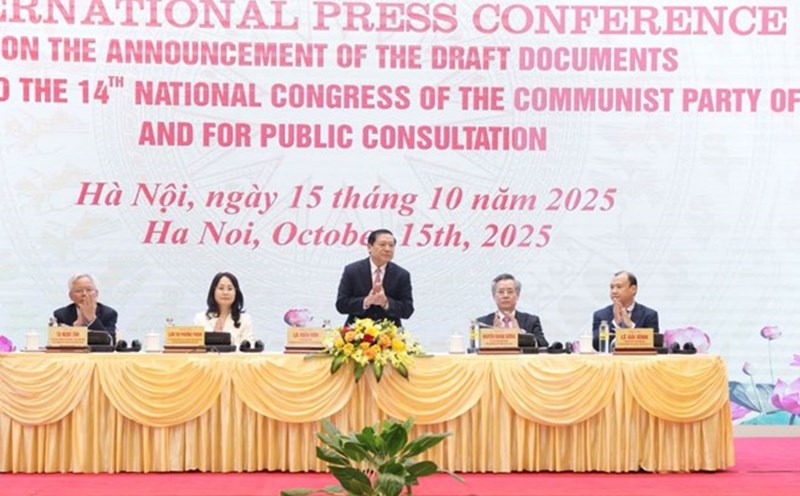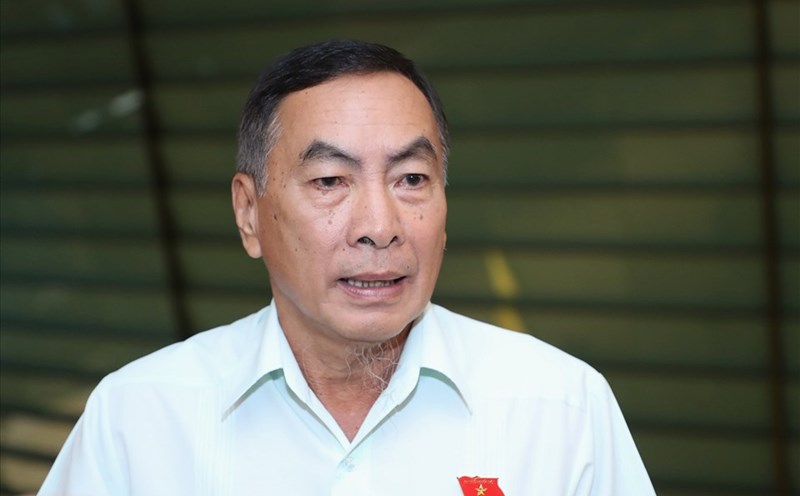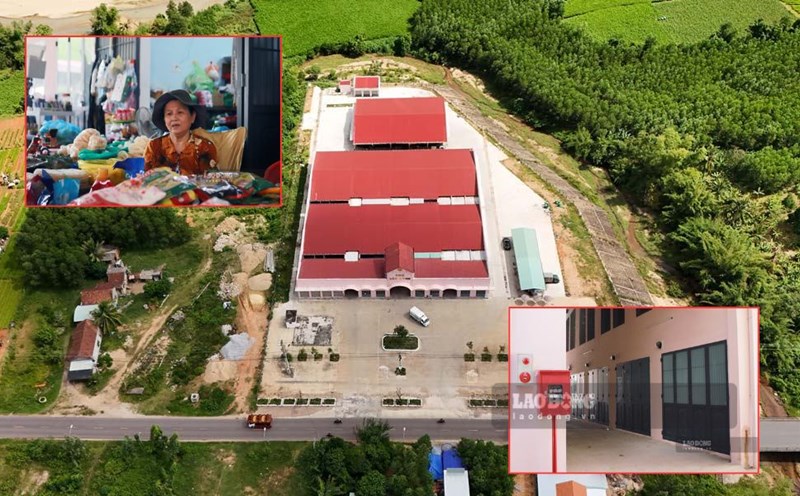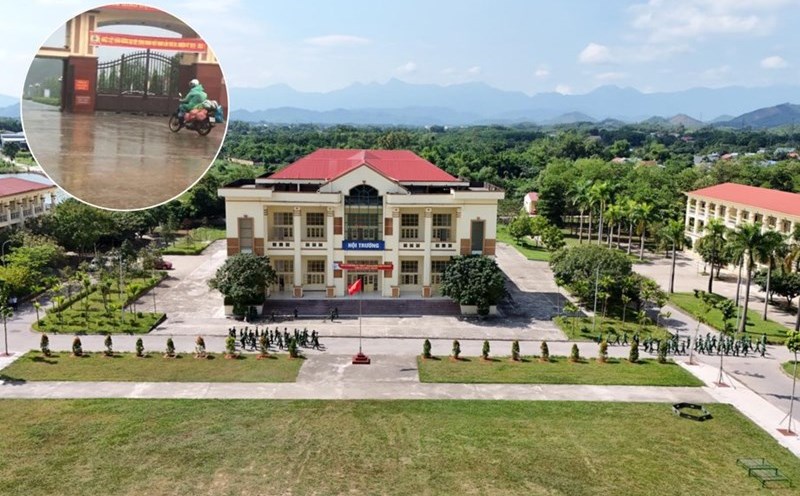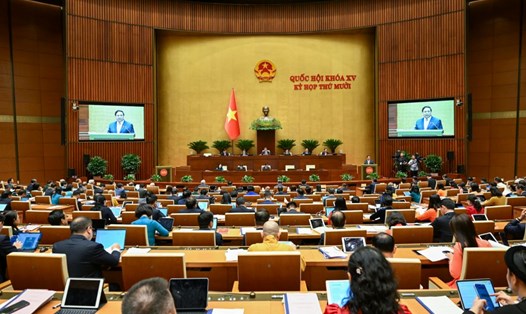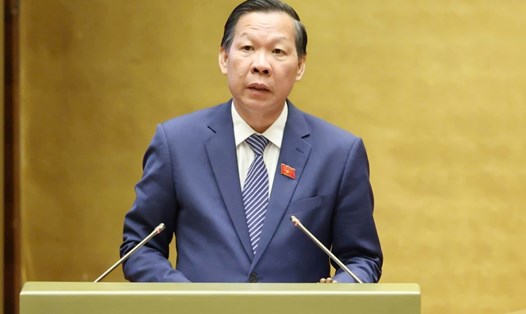On the morning of October 21, continuing the 10th Session, the National Assembly discussed in groups about assessing the results of implementing the 2025 socio-economic development plan; the expected socio-economic development plan for 2026.
Speaking, Minister of Home Affairs Pham Thi Thanh Tra (Lao Cai Delegation) assessed that after more than 3 months of implementation (from July 1), the 2-level local government model has basically operated well, "no interruption, no disruption", ensuring connectivity and synchronization from the Central to the grassroots level.
However, the Minister of Home Affairs also frankly pointed out major challenges.
Regarding the quality of commune-level cadres, the Minister of Home Affairs stated that this is the most worrying issue. In terms of quality, the structure of the civil service staff, especially at the commune level, still has difficulties and inadequacies and has not met the requirements.
The organizational apparatus is not really stable, and there needs to be fundamental institutional adjustments.
According to the Minister, decentralization, delegation of authority and determination of authority still have shortcomings and need to continue to be reviewed. Currently, the Central Government mainly decentralizes to the provincial level (949 tasks), the commune level only has 79 tasks.
Another issue mentioned is that facilities, equipment and problems that remain after the reorganization are still facing many difficulties.
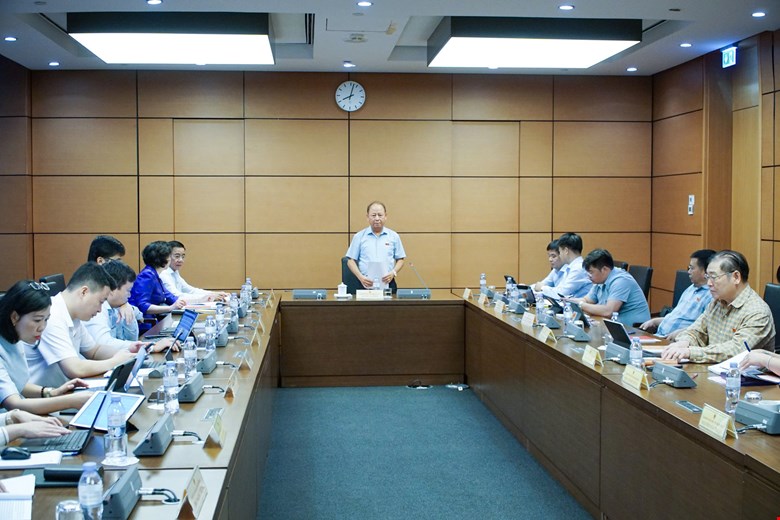
To solve the above problems, Minister Pham Thi Thanh Tra proposed strategic solutions.
Accordingly, focus on perfecting institutions, considering this the biggest task. High concentration is needed to complete the classification of administrative units and urban standards. This is the "root of the problem" to serve as a basis for developing policies, planning and determining appropriate staffing, avoiding equalization.
According to the minister, each type of administrative unit will have different population size, natural area, socio-economic, decentralization of authority, and authority division. From there, we will determine the payroll for each administrative unit at the commune and provincial levels.
"We are focusing very much on developing a report to the Politburo. It is expected that by the end of October 2025, it will be completed, reported to the Politburo, competent authorities and issued decrees and resolutions," the Minister informed.
Another issue mentioned by the Minister of Home Affairs is the completion of institutions related to organizational structure, adjustment of basic salary and allowances accordingly when reclassifying administrative units. The allowances will be adjusted as regional allowances, position allowances, leadership title allowances, etc. to recalculate regimes and policies related to social security for the subjects.
The minister emphasized that this task must be done quickly, cannot be delayed, and cannot be delayed.
Another task is to restructure and improve the quality of the staff. The Minister emphasized that special attention should be paid to the commune level because previously the commune level only did moderate work, but now the workload is large, the tasks and functions are very high.
Thereby, to meet the increasingly high workload and task requirements, towards the goal of "both creating and developing, and serving the people".
The Minister also emphasized the need to continue reviewing decentralization and delegation of authority. In particular, re-evaluate the feasibility of decentralization, especially tasks that are still confused at the commune level, to make flexible adjustments, which can be withdrawn to the provincial level.
The Minister gave an example of the allocation of land to enterprises if it is allocated to the commune level for implementation, there will be initial difficulties and confusion. So if it can meet, then let it be, if not, then assign the province to flexibly implement and decide.

